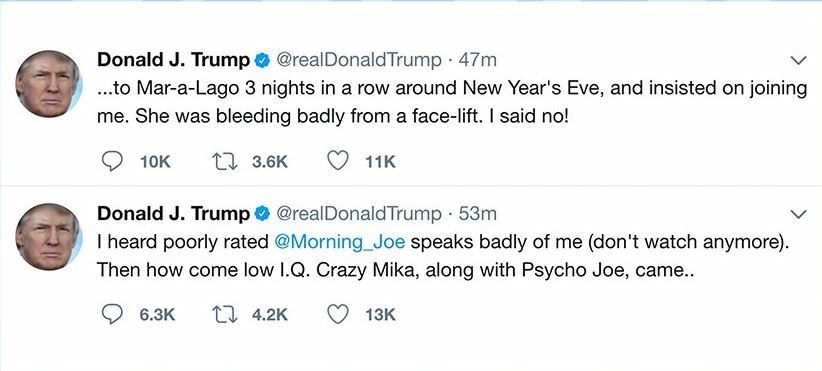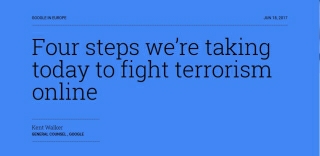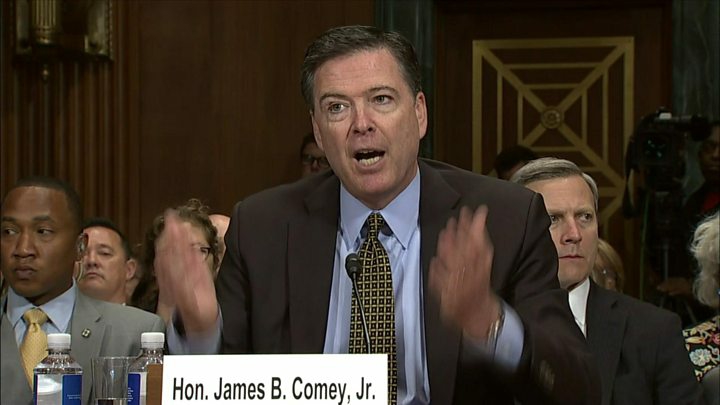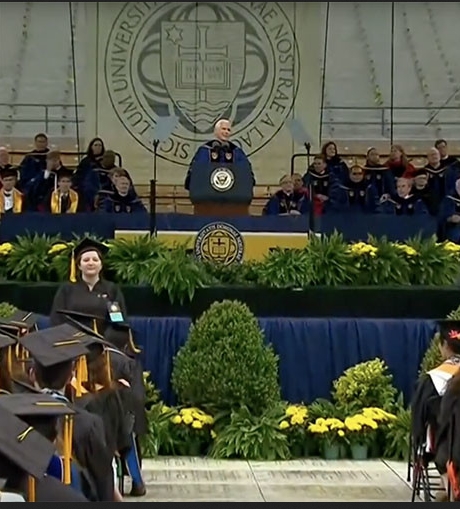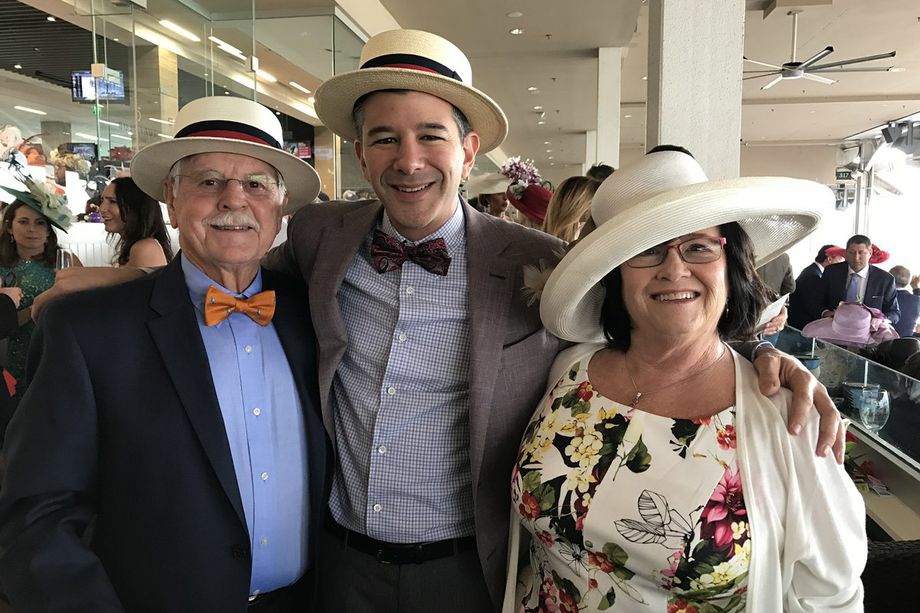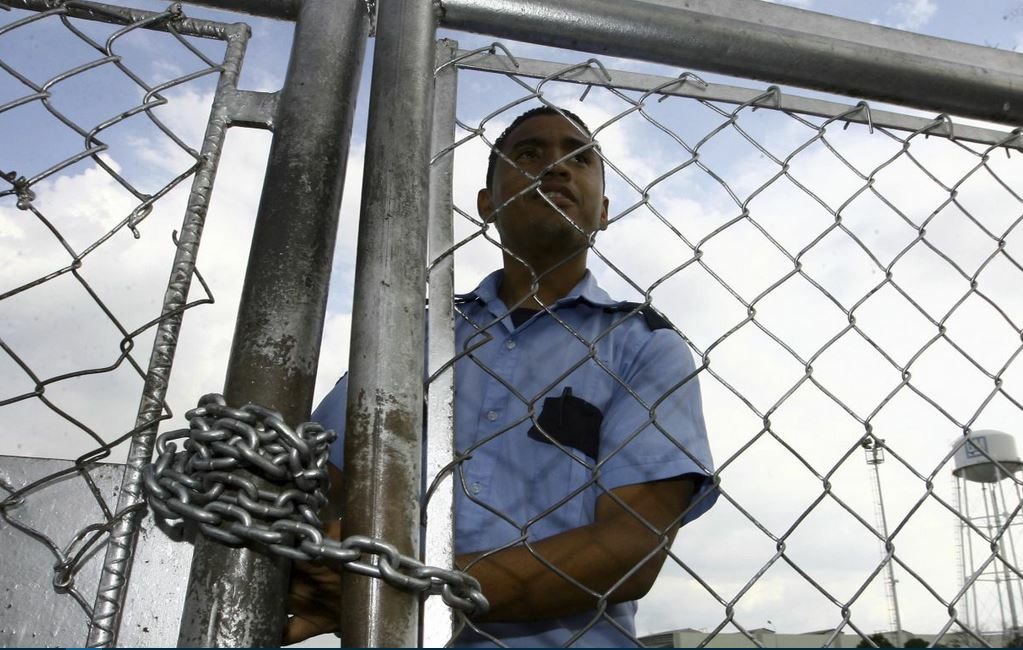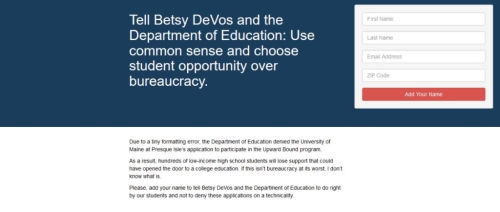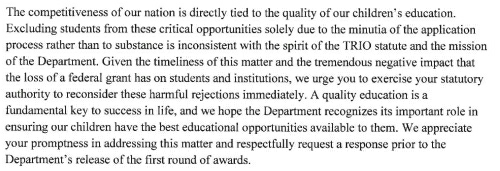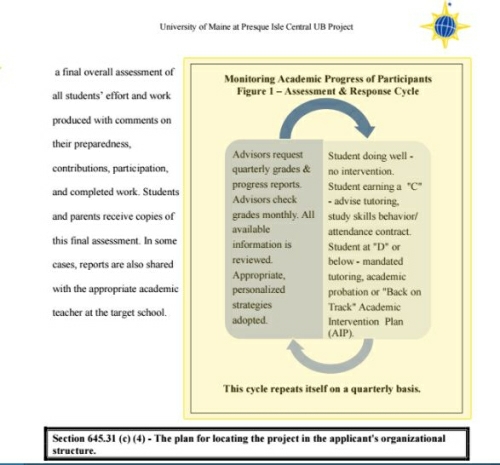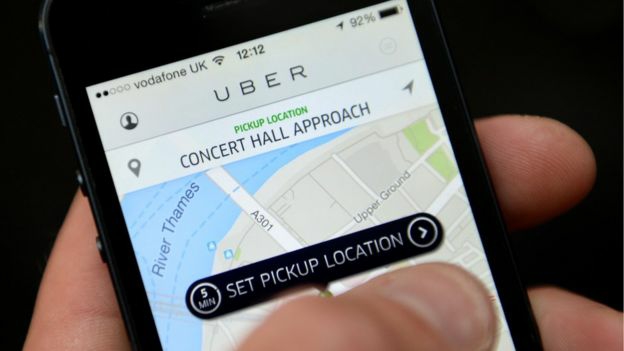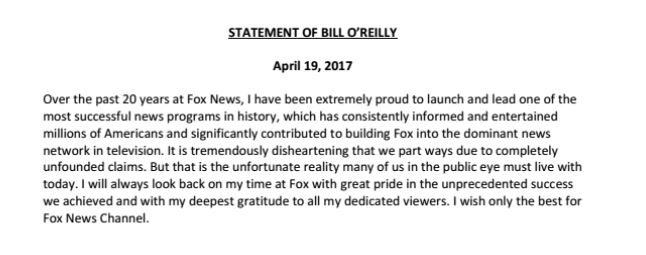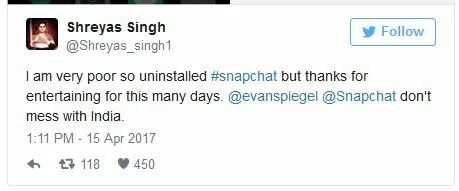 University of California, Irvine, is trying to do right by 800 students who accepted the college's admissions offer above the expected number. When making admissions decisions, colleges always consider their "yield," or the percentage of students who will enroll. Admissions officers admit more students than they have space for, assuming some won't come because of financial reasons or school preference.
University of California, Irvine, is trying to do right by 800 students who accepted the college's admissions offer above the expected number. When making admissions decisions, colleges always consider their "yield," or the percentage of students who will enroll. Admissions officers admit more students than they have space for, assuming some won't come because of financial reasons or school preference.
Initially, Irvine rescinded offers from about 500 students, but it was too late for them to enroll in other schools by that time. They informed students during the summer about transcript and other issues, which happens in a few cases each year, but this is an extraordinary number.
Then university administrators began softening. They admitted that they used standards that were too strict in order to lower their enrollment numbers. The vice chancellor wrote a message to students, including this excerpt:
We heard from some students that this year's process was too stringent and our customer-service approach needs improvement. I acknowledge that we took a harder line on the terms and conditions this year and we could have managed that process with greater care, sensitivity, and clarity about available options. Also contributing to the angst many of you have experienced is our traditional communication and outdated telephone systems that did not serve us well in this circumstance. For those who felt ignored or mistreated, I sincerely apologize.
We are making every effort to do better, immediately. I have directed the admissions team to step up the personal outreach to notified students. We're bringing in more people to review appeals and answer phones. We are committed to correcting any errors swiftly and providing the help you need in an empathetic and understanding way.
A few days later, Irvine's chancellor also apologized, and the university found a way to accommodate 290 more students. His message included this excerpt:
The stories of our students whose college dreams were crushed by our decision to withdraw admissions to hundreds of students are heartbreaking. And unacceptable.
This process is not working. We are a university recognized for advancing the American Dream, not impeding it. This situation is rocking us to our core because it is fundamentally misaligned with our values.
The apology is notable because we see so few of them from university presidents. Writers for The New York Times and Insider Higher Ed commented on the rarity of apologies, partly because of the complexity of academic institutions.
Image source.
Discussion:
- Analyze the chancellor's and vice chancellor's messages. What communication principles do they use? How do the messages compare in content, tone, word choice, and organization?
- What should Irvine have done differently in this situation? What are all of the touch points with students that could have been improved?
 The Equal Employment Opportunity Commission (EEOC) is siding with Cargill employees over their right to pray at work. Employees filed a claim against the company because their opportunities to pray during breaks had been curtailed. The EEOC's support means that Cargill management will have to reach an agreement with employees on prayer time.
The Equal Employment Opportunity Commission (EEOC) is siding with Cargill employees over their right to pray at work. Employees filed a claim against the company because their opportunities to pray during breaks had been curtailed. The EEOC's support means that Cargill management will have to reach an agreement with employees on prayer time.




